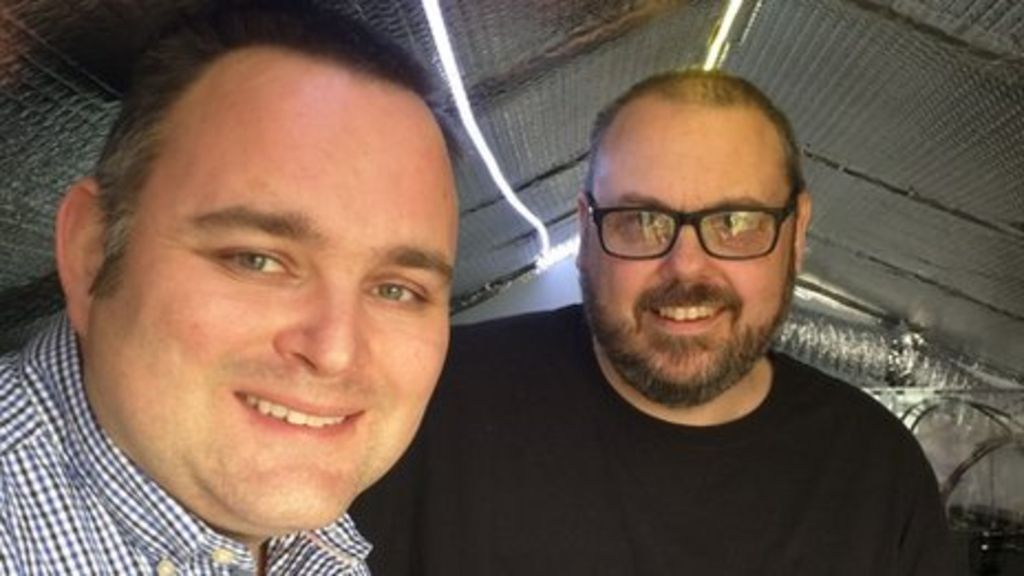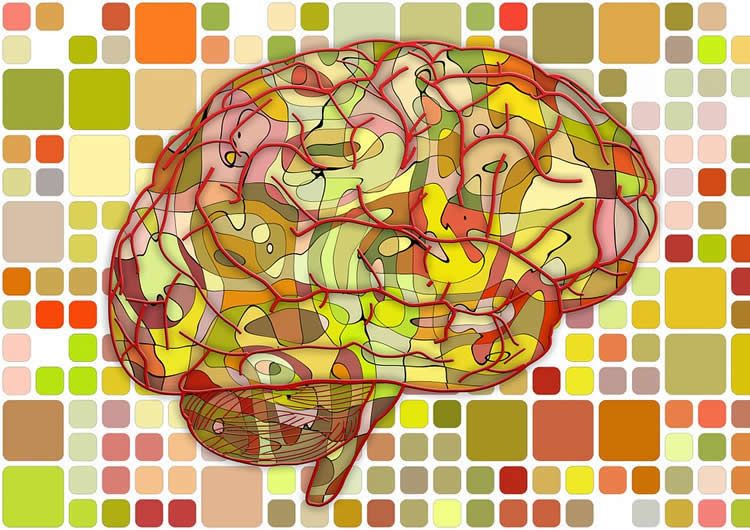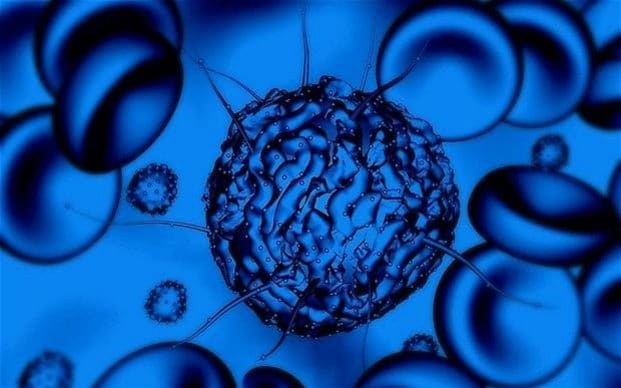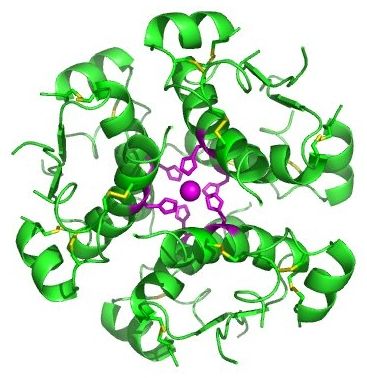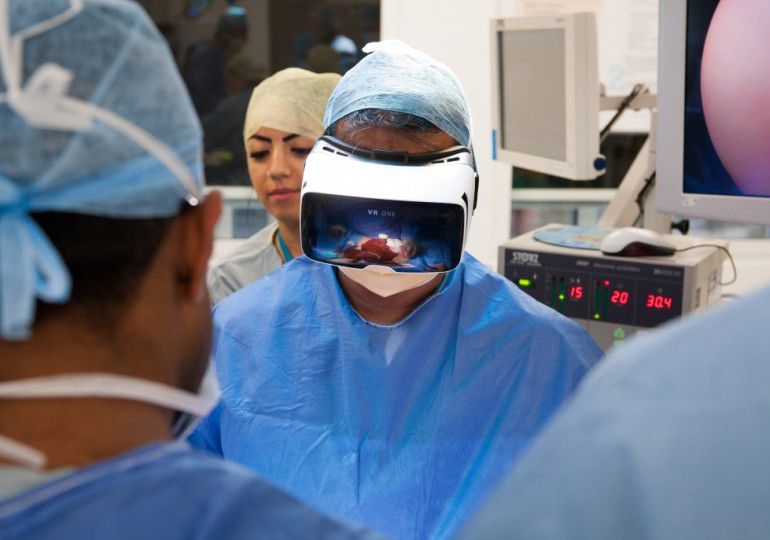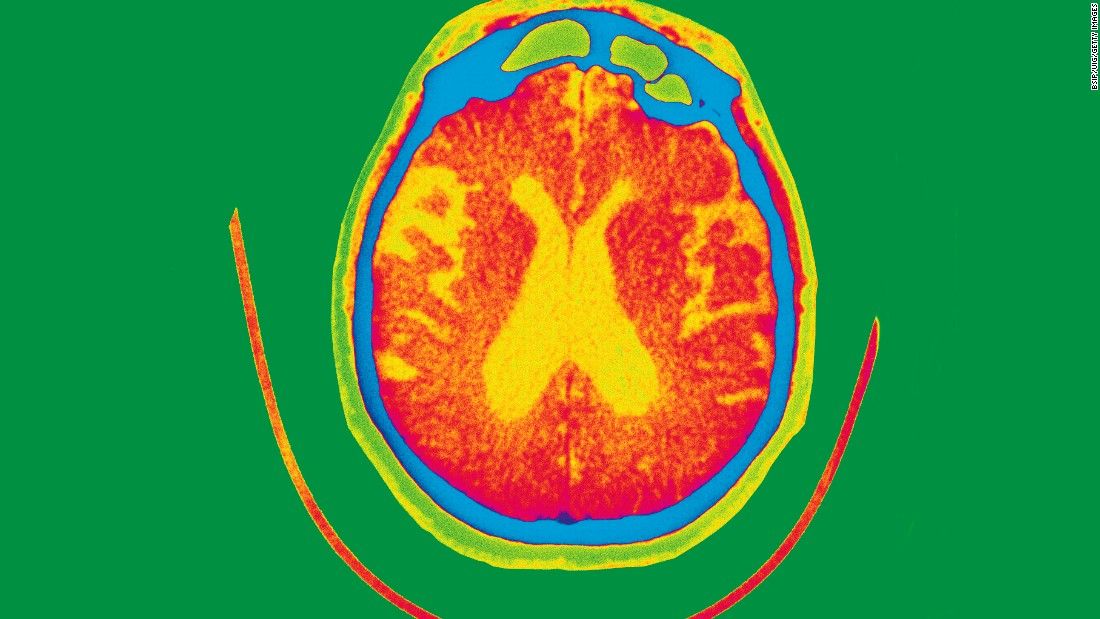Archive for the ‘biotech/medical’ category: Page 2486
Dec 26, 2016
New Mechanism of How Brain Networks Form Identified
Posted by Karen Hurst in categories: biotech/medical, genetics, neuroscience, robotics/AI
Excellent read on the brain’s inhibitory circuits v. excitatory circuits when involving the processing of smells.
Summary: Inhibitory neurons form neural networks that become broader as they mature, a new study reports.
Source: Baylor College of Medicine.
Continue reading “New Mechanism of How Brain Networks Form Identified” »
Dec 26, 2016
This scientist re-wires frogs to grow extra limbs. Could it work in humans?
Posted by Shane Hinshaw in category: biotech/medical
Dec 26, 2016
Food withdrawal results in stabilization of important tumor suppressor
Posted by Steve Hill in categories: biotech/medical, food
Caloric restriction can help tumour supression.
Tumor suppressors stop healthy cells from becoming cancerous. Researchers from Charité — Universitätsmedizin Berlin, the Medical University of Graz and the German Institute of Human Nutrition in Potsdam-Rehbruecke have found that p53, one of the most important tumor suppressors, accumulates in liver after food withdrawal. They also show that p53 in liver plays a crucial role in the body’s metabolic adaptation to starvation. These findings may provide the foundation for the development of new treatment options for patients with metabolic or oncologic disorders. Results of this study have been published in The FASEB Journal.
Previously described as the ‘guardian of the genome’ and voted ‘Molecule of the Year’ in 1993, p53 is one of the most important proteins regulating cell growth and a major focus for oncology research. It is a protein that has the ability to interrupt the cell cycle and block the division of diseased cells. In order to better understand its physiological regulation, the researchers around Prof. Dr. Michael Schupp from Charité’s Institute of Pharmacology studied the regulation and function of p53 in normal, healthy cells. After withholding food from mice for several hours, the researchers were able to show that p53 protein accumulates in the liver. In order to determine which type of liver cells cause this accumulation, the researchers repeated the experiment using cultured hepatocytes. They found that the starvation-induced accumulation of p53 was indeed detectable in hepatocytes, irrespective of whether these cells were of mouse or human origin.
Continue reading “Food withdrawal results in stabilization of important tumor suppressor” »
Dec 26, 2016
Synthetic stem cells promise muscle regeneration without cancer risk
Posted by Shane Hinshaw in category: biotech/medical
Scientists are hailing a pioneering stem cell technique that promises “off-the-shelf” treatment for people with damaged muscles without the existing risks.
Researchers have for the first time successfully implanted “synthetic” cardiac stem cells which successfully repaired muscle tissue that had been weakened by a heart attack.
Traditional stem cell therapy comes with a risk of cancer because scientists are unable to stop the cells replicating and forming tumours.
Continue reading “Synthetic stem cells promise muscle regeneration without cancer risk” »
Dec 26, 2016
Losing body fat could be facilitated
Posted by Steve Hill in categories: biotech/medical, health
Time to work off that Chritmas Turkey bigsmile
Making muscles burn more fat and less glucose can increase exercise endurance, but could simultaneously cause diabetes, says a team of scientists from Baylor College of Medicine and other institutions.
Mouse muscles use glucose (carbohydrate) as fuel when the animals are awake and active and switch to fat (lipid) when they are asleep. The team discovered that disrupting this natural cycle may lead to diabetes but, surprisingly, can also enhance exercise endurance. The switch is controlled by a molecule called histone deacetylase 3, or HDAC3. This finding opens the possibility of selecting the right time to exercise for losing body fat but also raises the concern of using HDAC inhibitors as doping drugs for endurance exercise. The study appears in Nature Medicine.
Dec 26, 2016
Medgadget’s Best Medical Technologies of 2016
Posted by Klaus Baldauf in categories: augmented reality, biotech/medical
The year 2016 presented the world with a number of big surprises. Some positive, some negative, depending on whom one asks. Here at Medgadget, 2016 will be remembered for many amazing and pleasantly unexpected medical technology developments, many of which are foreshadowing cures for spinal cord injuries, effective treatment of diabetes, new ways to fight heart disease, and many other long sought-after medical solutions. Virtual and augmented reality systems, new imaging techniques, and innovative delivery approaches are changing the way doctors learn and take care of patients.
Looking back on the past year, we selected what we felt to be the most important, innovative, and surprising medical technology developments. They naturally fell into a few categories. Here we share with you Medgadget’s choices of Best Medical Technologies of 2016.
Dec 26, 2016
CellScope is building smart mobile tools for better family health
Posted by Klaus Baldauf in categories: biotech/medical, health
Introducing Seymour: a smarter way to manage your family’s health. Get a doctor’s opinion 24/7 for ear and skin concerns. Oto is now available nationwide.
Dec 25, 2016
How DNA Editing Could Change Life on Earth
Posted by Shane Hinshaw in categories: biotech/medical, genetics
Rewriting the Code of Life
Through DNA editing, researchers hope to alter the genetic destiny of species and eliminate diseases.
Dec 25, 2016
We’ll have an Alzheimer’s drug by 2025, experts say
Posted by Dan Kummer in categories: biotech/medical, neuroscience
But experts across the field say hope is not lost. They believe we will have some form of drug against the disease by 2025, albeit most likely a pilot version that will need to be upgraded.
